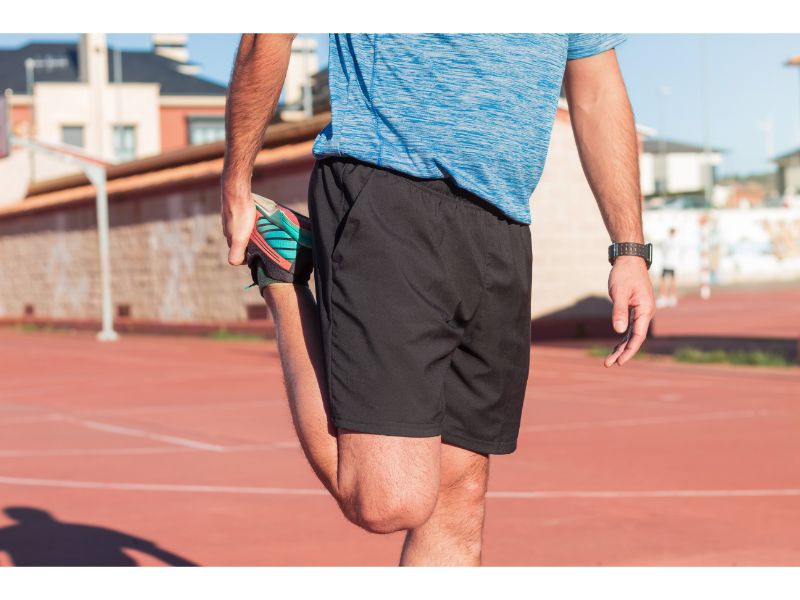Diet is one of the most vital components of athletic performance. It allows athletes to train harder recover faster and prevent injury. It also provides essential nutrients to support growth, scholastic achievement and overall health. Athletes should follow diet guidelines to ensure they get enough protein, carbohydrates and fat as well as essential vitamins and minerals that are needed for optimal athletic performance.
Athletes should make sure they eat a balanced, healthy diet that is low in saturated and trans fats and high in fiber, vitamins, minerals and other nutrients to provide them with the energy they need to train hard. Athletes should also eat plenty of fruits, vegetables and whole grains for additional fiber and nutrients.
Pre-Exercise Meals and Snacks
A pre-exercise meal should provide sufficient fluid to maintain hydration, be relatively low in fat and fiber to facilitate gastric emptying and minimize gastrointestinal distress, be relatively high in carbohydrate to maximize maintenance of blood glucose levels, be moderate in protein, be composed of familiar foods, and be well tolerated by the athlete. Ideally, a meal or snack should be consumed at least two hours before exercise to ensure that it is digested and utilized properly before the event.
Carbohydrates are the body’s primary source of fuel for working muscles during moderate or intense exercise. They help to sustain the body’s normal metabolic rate and can be stored in muscle and liver glycogen.

The amount of carbohydrate that an athlete should consume depends on the intensity and duration of their workout. Generally, endurance and strength-trained athletes should consume between 6 and 10 grams of carbohydrate per kilogram of body weight (2.2 pounds) on a daily basis.
Competitive athletes may need to increase their protein intake. The recommended dietary allowance is 0.8 grams of protein per kilogram of body weight for healthy adults; however, some competitive athletes require 1.2 to 1.7 g/kg/day to maintain muscle mass and performance.
Recovery Foods and Fluids after Exercise
After training, athletes should consume a meal or snack that is high in protein to help recover muscle tissue and reduce the risk of injury. It should also contain carbohydrates to reload muscles and provide energy for recovery. Athletes should eat within 30 minutes of exercise and again within 1 to 2 hours after exercise to replenish glycogen stores, which are used to help refuel muscle.
Athletes can choose to eat a light, liquid meal that contains carbohydrates and protein to help replenish lost calories, such as a chocolate milk smoothie or sports drink with yogurt. Athletes should also drink water after exercise to rehydrate and replace fluids that are lost during the workout.
Insufficient or overly hydrated athletes may have difficulty performing their sport and may experience gastrointestinal upsets, fatigue, muscle weakness and poor coordination. They may be prone to hyponatraemia, which can lead to coma and death.
Athletes should also avoid caffeine and alcohol before or during a sporting activity, as they can have a negative effect on their overall performance. Athletes should try to drink at least two quarts of water per day to stay hydrated. They can supplement with a sports drink during competition or warm weather activities to hydrate and maintain proper sodium levels.



